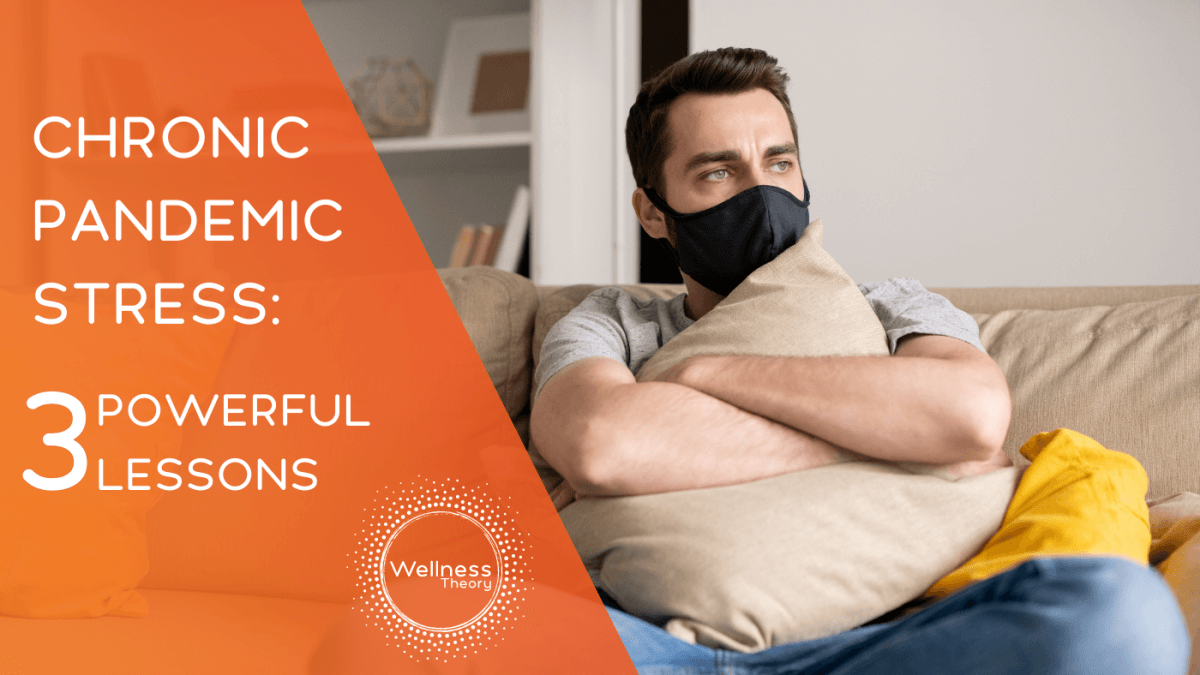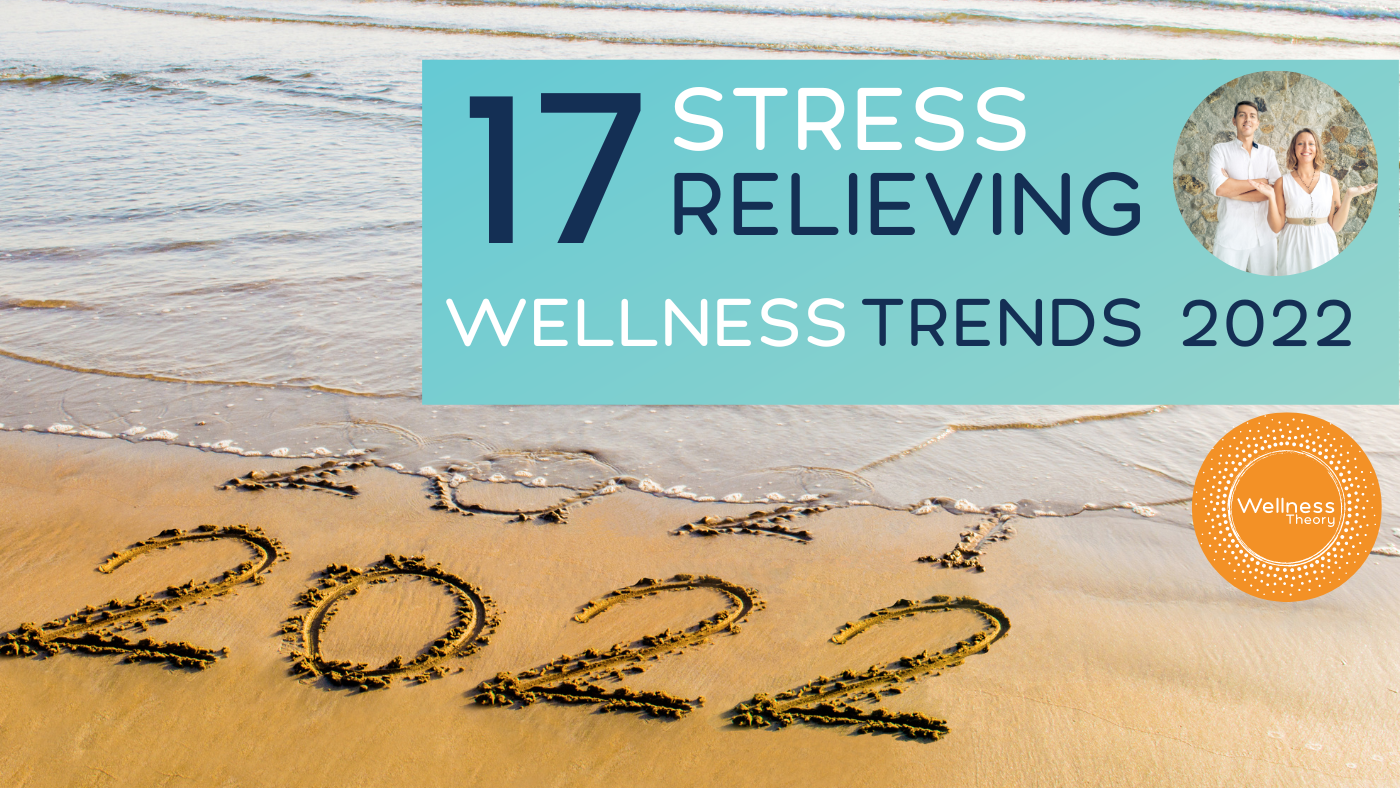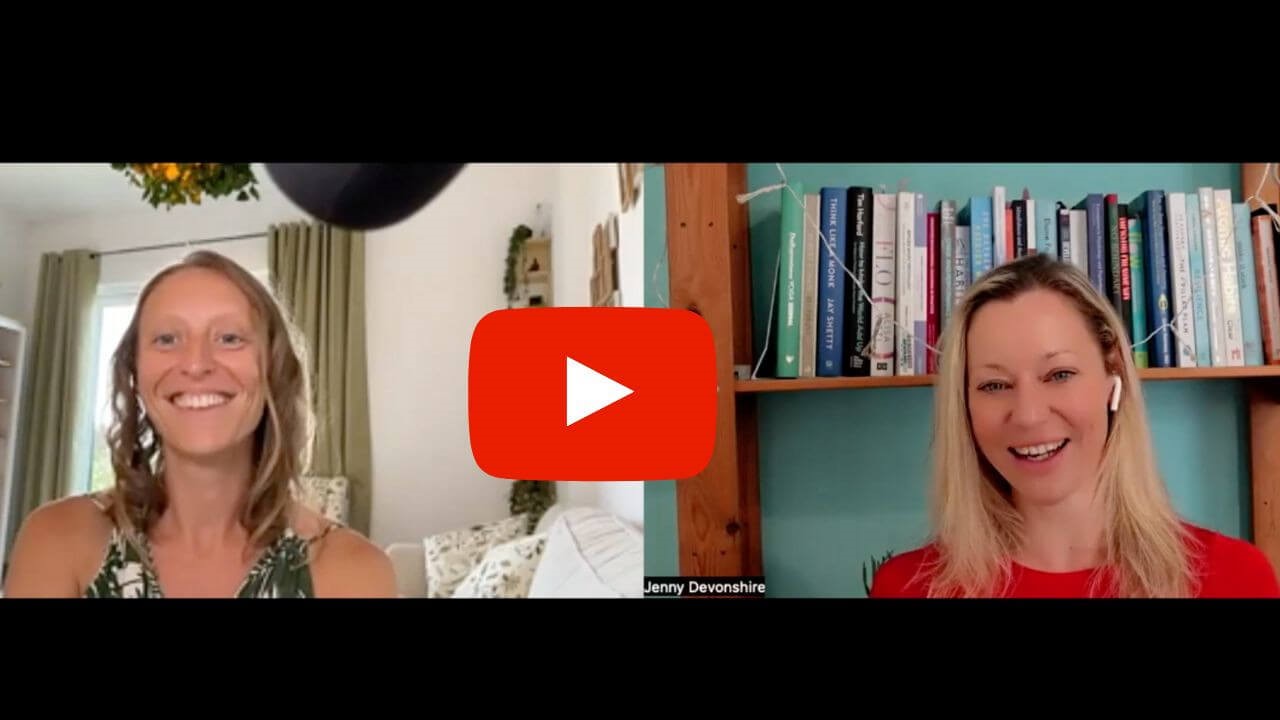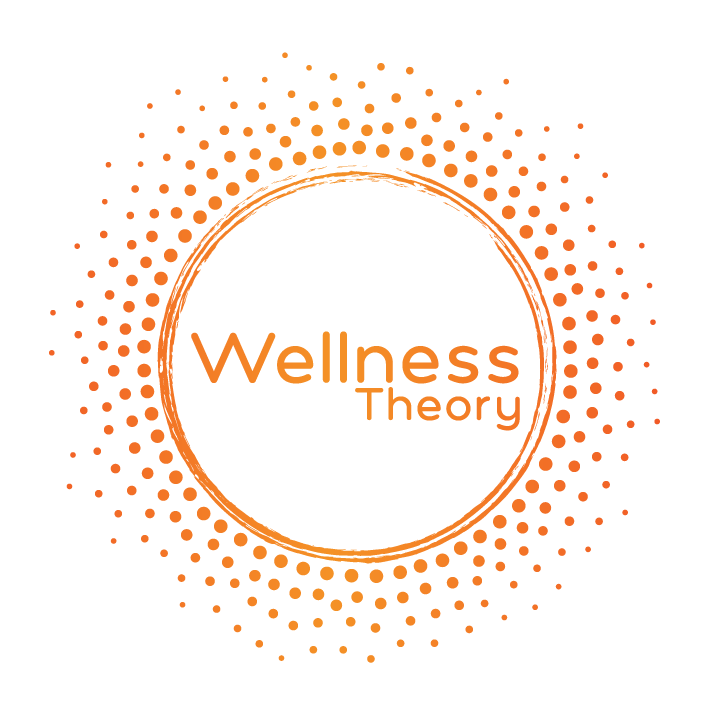Related Posts

12 Trends High-Performers are Leveraging to Relieve Stress and Get Ahead in 2023
FEBRUARY 23, 2023 - STRESS-RELIEF, WELLNESS
This article lays out the current go-to trends that focus on personal stress relief with emotional, mental and physical well-being in mind.

Chronic Pandemic Stress: 3 Powerful Lessons
JULY 28, 2021- STRESS-RELIEF, WELLNESS
Chronic pandemic stress is upon us as we enter the post-pandemic times that lay ahead. With this, are 3 powerful lessons we can learn that’ll help us move through this time easier.

17 Stress Relieving Wellness Trends for 2022
DECEMBER 17, 2021- STRESS-RELIEF, WELLNESS
This article lays out the new trends that focus on personal stress relief with emotional, mental and physical well-being in mind.









